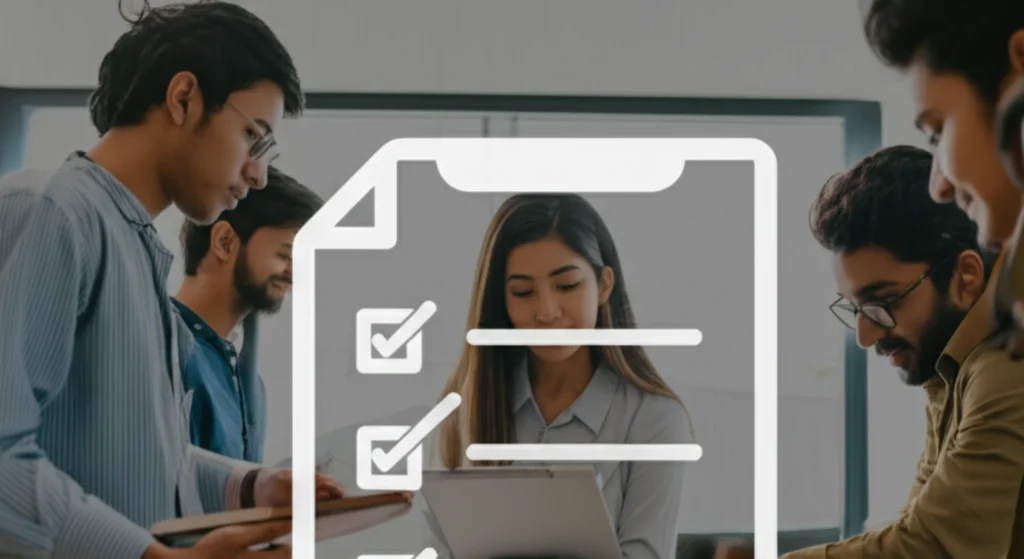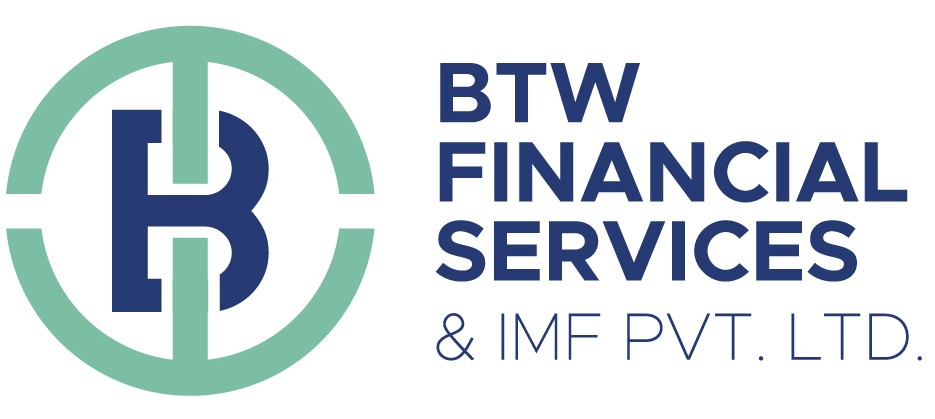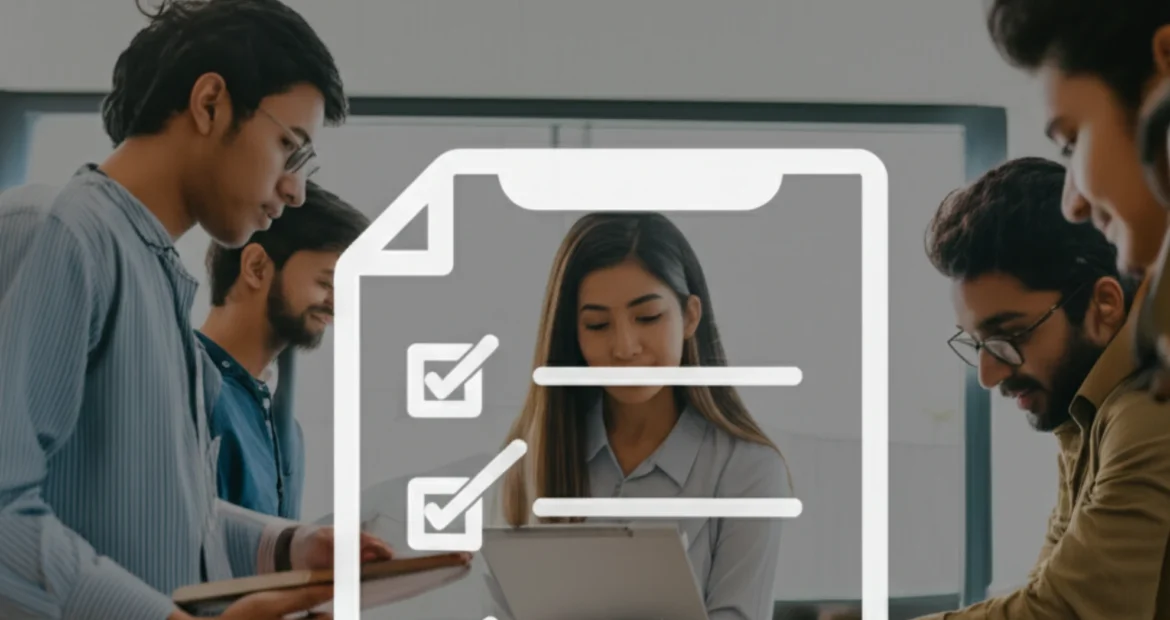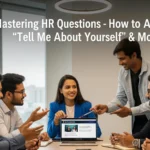
A job interview is often the deciding factor between you and your dream career. But success doesn’t come from luck — it comes from careful preparation. From polishing your resume to understanding the company, every small detail matters. In this blog, we bring you a complete pre-interview checklist to help you prepare like a pro and walk into your interview with confidence.
1. Review the Job Description Thoroughly
Before anything else, study the job description carefully. Understand the role, key responsibilities, and required skills. Identify how your experience and strengths align with the role.
2. Research the Company Inside and Out
Companies want candidates who are genuinely interested in their work. Explore:
- Company website: Mission, vision, values, and leadership.
- Social media: Culture, events, and updates.
- News and press releases: Recent achievements or projects.
3. Prepare and Customize Your Resume
Never carry a one-size-fits-all resume. Tailor your resume to highlight experiences that match the job you’re applying for. Ensure it’s:
- Error-free and updated.
- Neatly formatted and easy to read.
- Printed (3–4 copies) on quality paper.
4. Practice Common and Role-Specific Interview Questions
Interviews test both your knowledge and your ability to communicate. Prepare for:
- Common questions: “Tell me about yourself,” “Why should we hire you?”, “What are your strengths and weaknesses?”
- Role-specific questions: Depending on the position (technical, sales, managerial), practice scenarios you may encounter.
5. Plan and Prepare Your Outfit
Your appearance is the first impression you make. Choose an outfit appropriate for the company’s culture:
- Corporate/formal for traditional roles.
- Business casual for creative or startup environments.
6. Organize Essential Documents and Portfolio
Keep your documents organized in a professional folder:
- Updated resume (3–4 copies).
- Academic certificates.
- Work experience letters.
- ID proof (Aadhaar, PAN, or passport).
- Passport-sized photos.
- Portfolio (if relevant for creative or technical roles).
7. Brush Up on Your Skills and Knowledge
If your role requires technical or domain-specific skills, review them. For instance:
- Developers should brush up on coding basics.
- Marketers should review current campaigns and analytics.
- Travel consultants should revise destination knowledge and visa rules.
8. Prepare Questions for the Interviewer
Interviews are two-way conversations. Asking thoughtful questions shows engagement. Examples:
- “What are the growth opportunities in this role?”
- “How does this role contribute to the company’s goals?”
- “What are the expectations in the first 90 days?”
9. Practice Good Communication and Body Language
Your non-verbal cues speak volumes. Practice:
- Maintaining eye contact.
- Sitting upright.
- Smiling genuinely.
- Listening actively and responding confidently.
10. Get Enough Rest and Plan Your Travel
Don’t overlook logistics. Sleep well the night before and plan your commute in advance. Aim to reach the venue at least 15–20 minutes early.
FAQ’s:
1. How early should I arrive for an interview?
Arrive at least 15–20 minutes early to settle in and avoid last-minute stress.
2. Is it necessary to bring printed resumes?
Yes. Always carry 3–4 copies, even if you submitted it online.
Q3. Should I rehearse my answers?
Yes, but focus on key points instead of memorizing word-for-word to sound natural.



